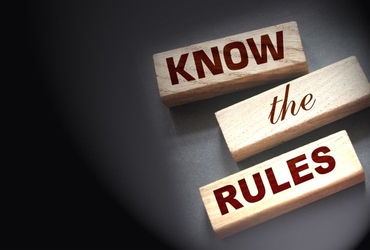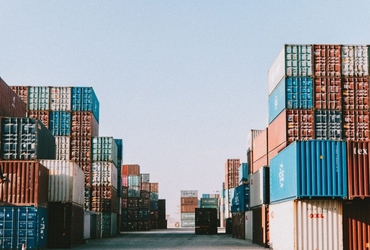
Shipping to Chile from USA: 5 Things to Know
Chile has had a free trade agreement with the United States since 2004. The country declared in 2015 that all goods originating from the US could enter Chile without the sender having to pay tariffs. This works out great if you need to send cargo to Chile, but what about personal belongings or other commercial products?
Whether you’re planning to move to Chile, send gifts to family, or you’ve got e-commerce business going on, you’ll need to understand how their import process works.
Here are the five must-have tips on shipping to Chile:
1. Understand Customs Regulations and Restrictions
Chile and the US may have a free trade deal, but that doesn’t mean that the Chilean Customs Administration can’t or won’t impose tariffs on your cargo. Of course, this would entirely depend on your actual cargo, but the general tariff rate has been settled at 6% on most products since 2003. Luxury goods are subject to a 15% minimum tax upon entry into the country.
“Luxury items” include:
- Beer, wine, champagne and other alcoholic beverages
- Gold, platinum, ivory articles, and precious stones
- Fine furs
- Caviar
- Mobile home trailers. antique automobiles, and electric cars
- Tobacco products
- Hunting items
Cargo and even personal goods that are valued beyond $3,500 will require an import license as well. To get a license you (or whoever is handling your shipment) must have an “Informe de Importacion” document to present to the Commercial Bank of Chile.
2. Make Sure You Have the Proper Documentation
Aside from obtaining a license for the items you’ll be shipping; you’ll need a number of other documents. These would include:
- Commercial invoices and Waybills
- Certificates of origin
- Bills of lading
- Proof of your freight insurance
- Packing lists
- Special permission certificates
- Sanitary and phytosanitary certificates (in the case of shipping agricultural products and some industrial products)
The Waybills and commercial invoices require the full legal name of the shipper and receiver, the company name (if applicable), and the complete phone numbers and address of all parties.
In addition, commercial invoices must include the company logo (if coming from a company), the date of issue, the company’s commercial phone number and address, the manufacturing country and brand, a full description of each product or item—including any Commodity Codes, quantity, weight by measurable units, and a Free on Board (FOB) Incoterm. Certain items may also require a Material Safety Data Sheet (MSDS), an Agricultural and Livestock Service (SAG) affidavit form OR permission from Servicio Nacional de Salud (Chile’s National Health Service) for the release of the items.
If you’re shipping over your personal belongings to move to Chile, you’re going to want to create a spreadsheet that lists every item, which box each item is in, a full description of said items including their year of purchase and their initial, current, and replacement values. You’ll also want to make several copies of these for customs and insurance purposes.
3. Expect Your Belongings to Be Scrutinized
All containers shipped to Chile are subject to a full search—before even leaving the US. Depending on the company you use, this can cost a few extra thousand dollars and delay your shipment by weeks. It’s also important to note that ALL barcodes will be scanned to look up the list price. So, if you’re into keeping things in their original boxes, you may want to change your game plan.
Once your shipment arrives in Chile, everything will be unpacked and rummaged through once again before being loaded into a truck and delivered to their final destination. Many expats agree that if you’re moving to Chile, it’s best to pack as much as you can in suitcases and pay the additional airline fees while only using shipping containers for the absolutely necessary things, such as homestead items.
4. Make Sure You Get Insurance
Make sure all of the things you can’t live without or cost a bit of money are insured properly. If it’s at all possible, try to be there when it’s time for the customs inspectors to open up your boxes—and have them check everything twice, in front of you.
This is extremely important because not only to things get broken, but there are one too many cases of personal belongings and entire boxes that have gone missing. This is a notably common incident among customs inspectors around the world—not just Chile. In the event that something does go missing, you will at least be reimbursed for it with insurance.
Trying to track down a lost shipment otherwise is useless because there won’t be anyone to confirm that it was ever there. So, if it’s gone, you can bet that it’s gone for good. Get insurance!
5. Know Which Items You Can’t Ship
Your shipping company should be well equipped with all the information you’ll need, including a list of items that you can’t bring into the country. This list includes:
- Aerosola
- Animal products
- Plant products
- Alcohol
- Tobacco
- Guns and ammunition
- “New items” — which are items that can be sold as new
To be extra sure, you’ll want to contact the Chilean Embassy or visit their website for a definitive list.
Related Articles


